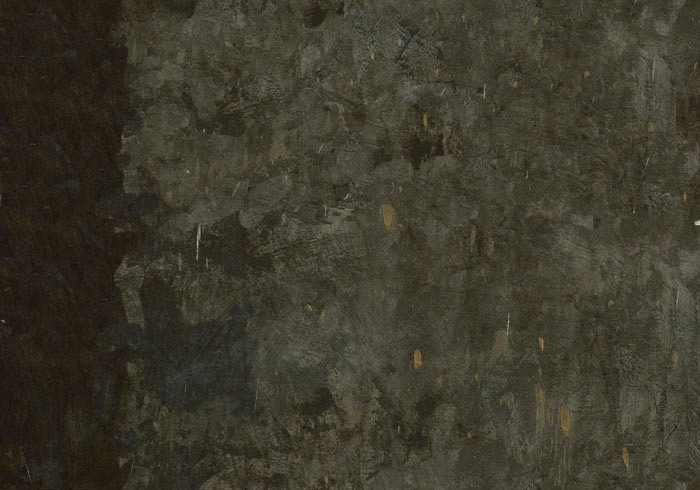External resources for your final projects:
Please use the links listed here. To cite these in your report, you must include (in this order) the authors, the date, the title of the site or published work, the publisher or other source of the raw data, the page number or the http link. Any other sources you use must be either published sources (i.e. journal articles, magazines or books).
Plate motions
http://serc.carleton.edu/NAGTWorkshops/geophysics/visualizations/PTMovements.html
This site has many links that provide information on plate motions and paleogeography for different time periods. Check out the Paleogeography and Geologic Evolution of North America link of this one: https://serc.carleton.edu/NAGTWorkshops/sedimentary/visualizations/paleogeo.html. Also check out the links on Accretionary Tectonics and Exotic Terrains.
Appalachian Mountain Formation
http://www.nvcc.edu/home/cbentley/gol_135/billy_goat/readings.htm
This site provides a model for how the Appalachians formed. It includes a review of the Taconic and Acadian Orogenies from the perspective of Virginia.
http://www.jamestown-ri.info/acadian.htm
This site explains the various orogenies that affected the Appalachians
https://trenton.mcz.harvard.edu/geologic-setting, http://csmgeo.csm.jmu.edu/geollab/vageol/vahist/H-MidO.html
These sites have some good images and animations of the Appalachian mountain-building events.
Rift-drift to collision
http://csmres.jmu.edu/geollab/fichter/Wilson/Wilson.html
This site goes through the various stages of rifting followed by collision and mountain building (called the Wilson Cycle).
Thrust belt terminology
http://courses.eas.ualberta.ca/eas421/lecturepages/thrust.html
This link has definitions for any kind of thrust-fold relationship conceivable.
Mountain building (orogeny) and tectonics
https://csmgeo.csm.jmu.edu/geollab/vageol/vahist/mtnmodel.html
This site explores the types of plate motions and features associated with making mountains.
Fault Bend Folds and Duplexes (animations)
http://www.geo.cornell.edu/geology/faculty/RWA/movies/
This site is the one we used in class. It shows movies of a fault bend folds and duplexes.
https://www.youtube.com/watch?v=8L-6WIvVikI
This site has sandbox models of fold and thrust structures.
General information on faults, folds and other features
http://www.see.leeds.ac.uk/structure/learnstructure/index.htm
This site contains good summaries of structures.
http://folk.uib.no/nglhe/Emodules/Structure%20intro%20module.swf
This site is an e-book on structural geology and has very good images and descriptions. Usually it works with Firefox.
Rock Cleavage and Metamorphism
http://www.tulane.edu/~sanelson/eens212/metatexture.htm
This link has good sketches and definitions of the features associated with rock cleavage, which falls under the more generalized term ‘foliation.’ Here is a great article on how cleavage forms and the evidence for it: Alvarez.pdf
http://csmres.jmu.edu/geollab/Fichter/MetaRx/Metatexture.html
This document contains good summaries of metamorphism, including the formation of cleavage (foliations).
http://www.whitman.edu/geology/winter/
This site has is a powerpoint slide show on how to classify metamorphic rocks (look at chapter 22)
Erosion and foreland basins
https://3dparks.wr.usgs.gov/nyc/parks/loc26.htm
This site describes an unconformity visible in New York State and its significance.
https://www.youtube.com/watch?v=LRWMWuL4Mak
This is a video on foreland basins around the globe and their significance.
http://ntur.lib.ntu.edu.tw/bitstream/246246/173895/1/19.pdf
This one describes unconformities related to an arc-continent collision in Taiwan
http://aviris.gl.fcen.uba.ar/Bibliografia/DeCelles_Giles_1996.pdf
This is a paper by Peter DeCelles and Katherin Giles that describes the terms and concepts of foreland basins.
Fluids, veins and faulting
https://www.nature.com/news/earthquakes-make-gold-veins-in-an-instant-1.12615
This site has information on how fault-related earthquakes can make veins of gold in an instant.
http://maps.unomaha.edu/maher/GEOL3300/week3/faultscaling.html
A website that reviews the evidence of fluid flow through faults.
https://pubs.usgs.gov/bul/b2004/html/bull2004detachmentfaultrelated_mineraliz.htm
Minerals in large faults, as a result of fluid flow.
http://www.geomore.com/oil-and-gas-traps/
Oil and gas and how they relate to faults.
A website with links to a detailed study of fractures and veins.



